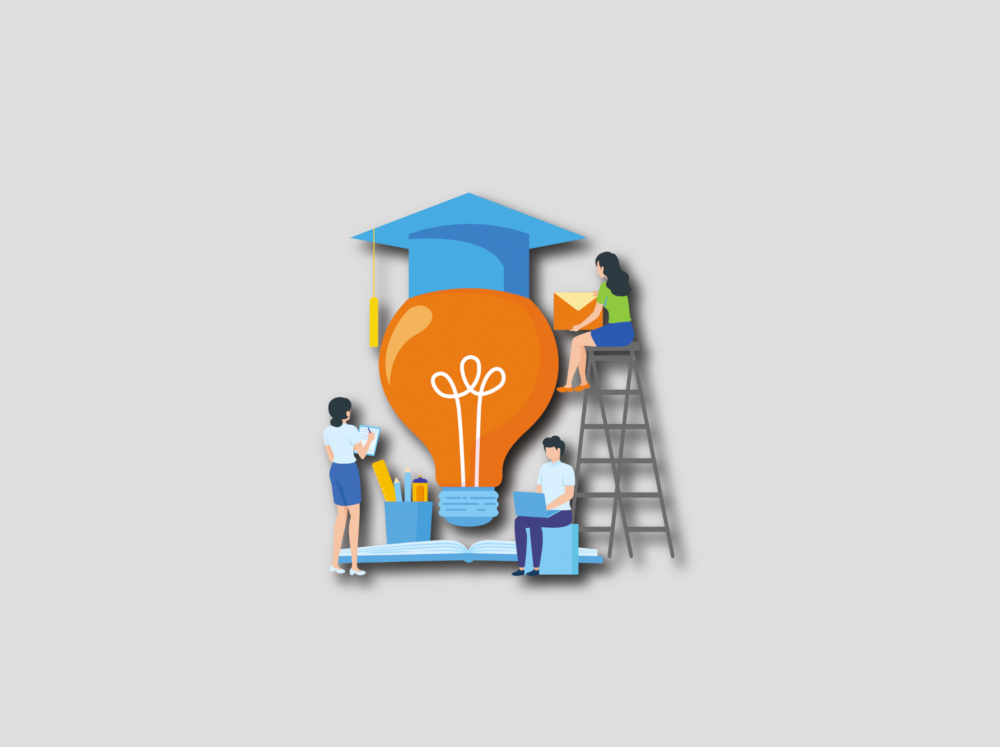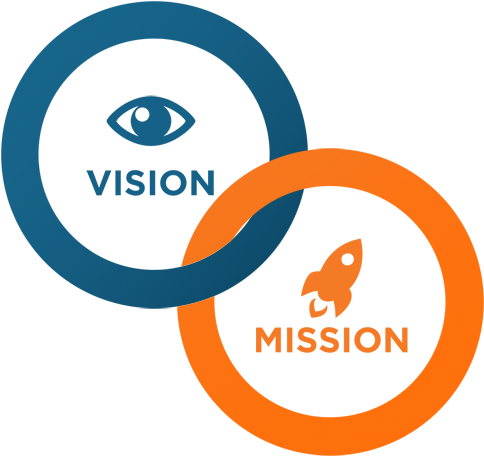
With well experienced and highly qualified teaching faculty, Amrita Sai is the best college for electrical engineering in Vijayawada that delivers highly trained and capable engineers in the field of electrical and electronics engineering. The faculty provides an extensive range of fundamental knowledge in certain core disciplines of the program, such as signal processing, communications, microprocessors, power generation and electrical machines, radio-frequency design, and essential aspects of electrical engineering.
Amrita Sai is the best electrical engineering college in Vijayawada that does not compromise on proving its academic excellence both in terms of theories and practical sessions, thereby grooming the students as best professional engineers. The students who completed their graduation in electronics and electrical engineering will have efficient problem-solving skills of electronic memory storage devices, set up and operate telecommunication, internet, and wireless networks.


To be recognized as a Centre of Excellence in the field of Electrical and Electronics Engineering and Research so as to produce Competent & Ethical Engineers capable enough to contribute to the society.
To be able to develop sustainable solutions to problems related to Electrical and Electronics Engineering as an individual or as a part of a team to maintain professional ethics, experimental learning, collaborations for research and Entrepreneurship.
| S. No. | Department | Name of the Faculty | Designation | Qualification |
|---|---|---|---|---|
| 1 | EEE | Dr.T. RAKESH | HOD& PROF | M.TECH, PhD |
| 2 | EEE | Dr.S.Sravan Kunmar | Professor | M.TECH, PhD |
| 3 | EEE | Dr.P.H K PRASAD | Professor | M.Tech |
| 4 | EEE | Dr. Y. Sreenivasa Rao | Professor | M.Tech |
| 5 | EEE | Dr.V.SATISH | Associate Professor | M.Tech |
| 6 | EEE | CH Chinna Veeraiah | Associate Professor | M.Tech |
| 7 | EEE | P Ankama Rao | Assistant Professor | M.Tech |
| 8 | EEE | T Suhasini | Assistant Professor | M.Tech |
| 9 | EEE | K Sabarinadh | Assistant Professor | M.Tech |
| 10 | EEE | Pothuraju Venkateswara Rao | Assistant Professor | M.Tech |
| 11 | EEE | B Gopi | Assistant Professor | M.Tech |
| 12 | EEE | B Naga Mani | Assistant Professor | M.Tech |
| 13 | EEE | N. RAMYA | Assistant Professor | M.Tech |
| 14 | EEE | M Daivassirvadam | Assistant Professor | M.Tech |
| 15 | EEE | V Sravanthi | Assistant Professor | M.Tech |
| 16 | EEE | D Gangadhara Reddy | Assistant Professor | M.Tech |
| 17 | EEE | P BALA SUBRAMANYAM | Assistant Professor | M.Tech |
| 18 | EEE | P Sai Charan | Assistant Professor | M.Tech |
| 19 | EEE | J Susmitha | Assistant Professor | M.Tech |
| 20 | EEE | P Revathi | Assistant Professor | M.Tech |
| 22 | EEE | K Siva Shankar | Assistant Professor | M.Tech |
| 22 | EEE | Veeranki Mounika | Assistant Professor | M.Tech |
| 23 | EEE | B Naga Seshu | Assistant Professor | M.Tech |
| 24 | EEE | Mudireddy Vijitha | Assistant Professor | M.Tech |
| 25 | EEE | Chityala Saidaiah | Assistant Professor | M.Tech |
| 26 | EEE | Shaik Nazeer | Assistant Professor | M.Tech |
| 27 | EEE | Amararapu Karunakar | Assistant Professor | M.Tech |
| 28 | EEE | Rentapalli Kishore Kumar | Assistant Professor | M.Tech |
| 29 | EEE | S Uday Kumar | Assistant Professor | M.Tech |
| S.No | Name Of The Event | Resource Person With Designation | Date Of Event |
|---|---|---|---|
| 1 | Power Calculation | In House | 27-12-2018 |
| 2 | Ceiling Fan Windings | In House | 28,29-12-2018 |
| 3 | Seminar On Industrial Automation | Experts from industry | 07-09-2017 |
| 4 | Workshop On Renewable Energy Sources | Indo Global Services | 14-03-2017 |
| 5 | Workshop On Auto Robotics | Green Solutions,Hyd | 15-07-2016 |
| 6 | Workshop On Auto Robotics | Green Solutions,Hyd | 08-08-2016 |
| 7 | Workshop On Facts Controller | Dr Kesavarao | 25-02-2015 |
| 8 | Seminar On Voltage Sag Compensation Of Common Coupling (Pcc) Using Fault Current Limiter | Mr.S Manikumar | 07-04-2015 |
| S.No | Author | Title of The Paper | Journal |
|---|---|---|---|
| 1 | Dr V Satish | Synthesized Multilayer Power Converter For Wind Power Energy Conversion | IJRTE, ISSN: 2277-3878, Volume-8 Issue-2S8, August 2019 |
| 2 | Dr V Satish | Modelling And Simulation Of a Novel Cascaded Multi Level Inverter Using Pv Cell And Battery For The Loads | IJR, ISSN: 2348-6848, Volume-04 Issue-10, September 2017 |
| 3 | Dr S Sravan Kumar | Battery Super Capacitor Energy Storage System Based Energy Management In Dc/Ac Micro Grid | IJRTE, ISSN: 2277-3878, Volume-8 Issue-2S8, August 2019. |
| S.NO | Regd. No. | Name of the event/Workshop | Place | Date |
|---|---|---|---|---|
| 1 | 17AJ1A0201, 202, 206, 207, 209, 212, 215, 218 222, 224, 233, 235, 237, 18AJ5A0202, 205, 209, 216 | Electrical Drives Trouble Shooting & Sensing | Potti Sriramulu college | 06-02-2020 |
| 2 | 17AJ1A0201, 205, 211, 229, 226, 234 | Optimization Technologies In Power Systems & Power Electronics | Usha Rama college | 07-12-2019 |
| 3 | 17AJ1A0211, 226, 229, 234 | paper presentation | LBRCE | 21-12-2019 |
The following students are selected for Syncreon technologies.